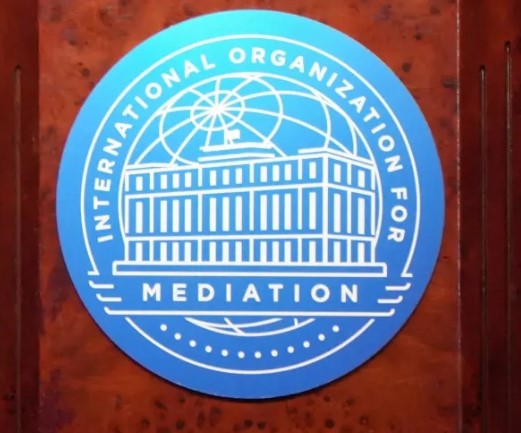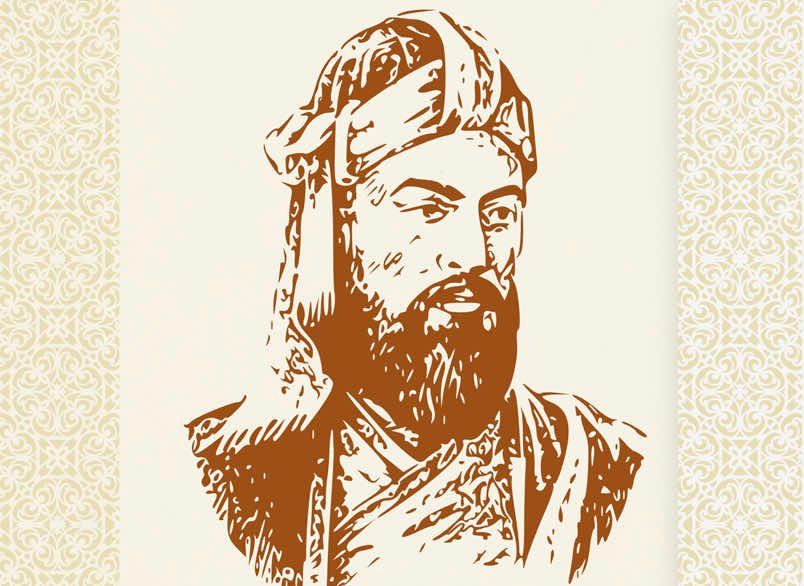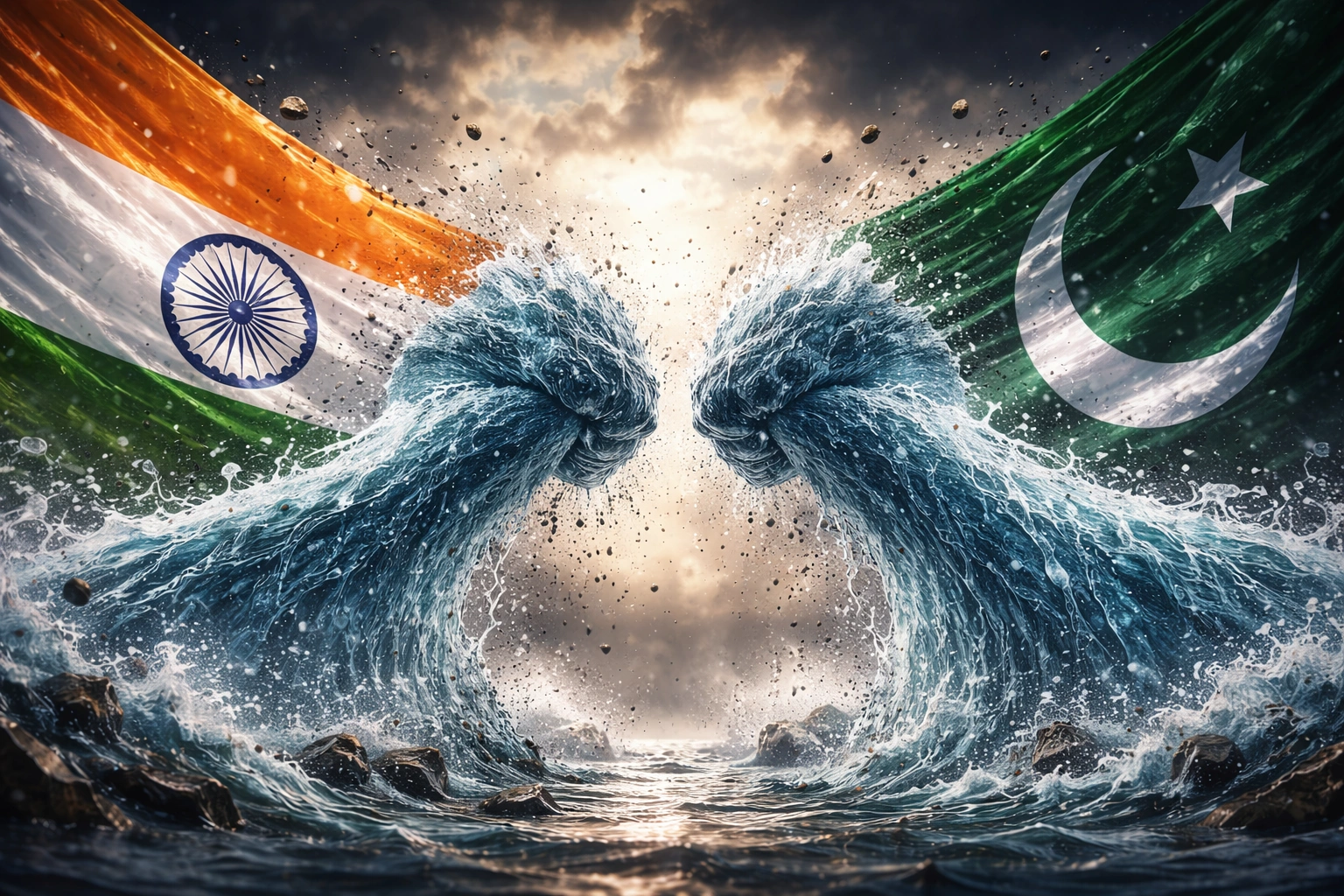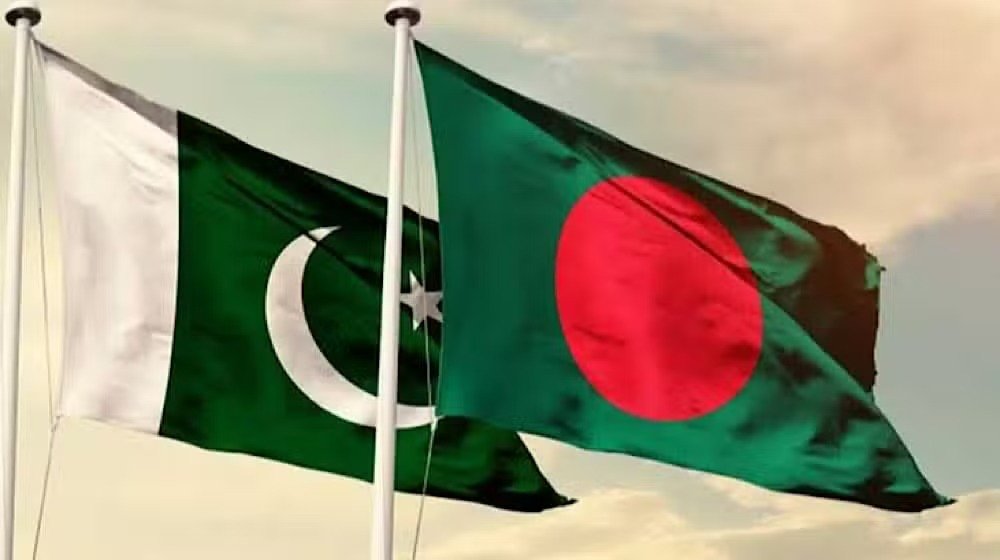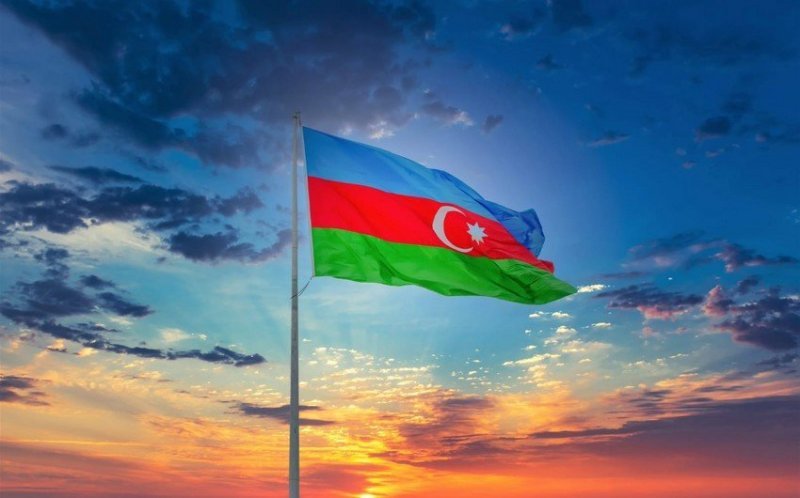China’s forward-looking diplomatic vision and step have once again been realized through the establishment of the International Organization for Mediation (IOMed), a global initiative that seeks to reshape the existing frameworks for international dispute resolution by introducing a peaceful, inclusive, and consensus-driven alternative to the long-dominant litigation and arbitration models. It was precisely in this spirit that, three years ago, China began close collaboration with nearly 20 like-minded countries to craft the foundation of a new institution that would champion harmony and mutual understanding, and these cumulative efforts culminated on May 30, 2025, with the formal signing of the Convention on the Establishment of IOMed in Hong Kong, a landmark event that brought together more than 400 high-level representatives from 85 countries and 20 international organizations across continents, with 33 nations signing the document as founding member states. It is a significant shift in the evolution of global governance at a time when geopolitical polarization, unilateralism, and institutional collapse threaten international stability.
This significant development is not only a testament to China’s steadfast commitment to promoting a community with a shared future for mankind but also a response to a pressing global necessity, as there is a lack of a dedicated, institutionalized global body for mediation, despite mediation being explicitly recognized in Article 33 of the United Nations Charter as one of the primary peaceful means of settling disputes between states.
A Rising Global Need
Historically, while mechanisms like the International Court of Justice (ICJ), the Permanent Court of Arbitration, and the International Centre for Settlement of Investment Disputes (ICSID) have evolved into formal avenues for legal settlement, mediation remained an informal, sporadic, and severely underutilized institutional vacuum that IOMed now seeks to fill with a model rooted in dialogue, equality, and respect for national sovereignty.
The symbolic and strategic selection of Hong Kong as IOMed’s headquarters further reflects the essence of this institution a city that merges Chinese cultural values with a common law legal system, Hong Kong represents a unique platform where East meets West, offering not only world-class infrastructure but also a cultural and legal environment conducive to resolving disputes in a way that transcends binary divisions and adversarial posturing.
IOMed thus offers a new path forward, one that complements existing mechanisms without replacing them, offering nations, especially those in the Global South, an accessible and cost-effective platform to resolve disputes, whether they be state-to-state, state-to-investor, or commercial matters involving multiple parties, all while preserving confidentiality and emphasizing consensus over coercion.
The philosophical underpinnings of IOMed, rooted in Confucian traditions and China’s diplomatic wisdom, highlight the value of “harmony without uniformity,” an approach that seeks solutions beneficial to all parties rather than imposing binary outcomes of victory and defeat.
IOMed’s inclusive structure and affordable world have long aspired to peaceful coexistence and multilateral cooperation, and these ideals must be preserved and revitalized through mechanisms that seek to turn these aspirations into practical diplomatic tools. At the inaugural ceremony, Chinese Foreign Minister Wang Yi emphasized that the creation of IOMed is not meant to challenge or replace current international institutions but to fill a crucial gap in international law by providing a neutral, trusted, and impartial space for resolving disputes peacefully, and he highlighted how the mediation model aligns with the founding spirit of the United Nations.
China’s proven track record in mediation reinforces the credibility and relevance of IOMed. For instance, the 2023 Saudi Arabia-Iran reconciliation, brokered in Beijing, as well as China’s facilitation of intra-Palestinian dialogue, demonstrate its ability to act as a neutral mediator, while initiatives like the Global Development Initiative, the Global Security Initiative, and the Global Civilization Initiative also offer additional platforms for dialogue, collaboration, and development, aligning with IOMed’s mission to build trust, resolve conflicts through dialogue, and ensure mutual benefit rather than zero-sum outcomes.
Operationally, IOMed’s structure includes a Governing Council, with one representative from each contracting state to ensure equitable decision-making; a Secretariat, which will become fully functional by late 2025, and Panels of Mediators nominated by member states for various types of disputes, all working within a framework that upholds fundamental principles such as respect for state sovereignty, non-interference, equality, impartiality, and transparency, ensuring that all processes remain fair and shielded from the undue influence of any single nation or bloc.
IOMed holds tremendous transformational potential, particularly in areas like maritime disputes in Southeast Asia, resource sharing in Central Asia, post-conflict justice in Africa, and emerging domains like climate negotiations, cybersecurity, and artificial intelligence governance, where traditional or old legal systems are not yet equipped to provide effective solutions. IOMed will serve as a neutral channel to address concerns raised by participating countries, thereby enhancing transparency and reducing geopolitical tensions. IOMed has the potential to become a cornerstone of international cooperation, ultimately contributing to a more stable and harmonious world by fostering an environment of open communication and mutual respect
The IOMed represents dialogue, respect, and adaptability for all partners, reflecting a broader shift toward a multipolar world order where no single power dictates the rules and where institutions are built around shared values and collective benefit. IOMed is not just a diplomatic tool but a symbol of China’s commitment to peacebuilding, a model of non-hegemonic international leadership, and a beacon for future conflict resolution mechanisms that put human dignity and national sovereignty first, offering a public good to the international community that promotes justice, trust, and global stability.

Executive Director, Pakistan Research Center for a Community with Shared Future (PRCCSF).
